Fordham Angel Fund Invests in Student Entrepreneurs
Photo courtesy of Ram Archives
The Fordham Foundry is associated with the Gabelli school of business, although FCRH students can also apply.
November 19, 2019
The university has dedicated $100,000 to the Fordham Foundry for the Fordham Angel Fund (FAF), an organization that will provide graduate and undergraduate students with a source of funds to grow their businesses. The Foundry will make individual investments of up to $25,000 exclusively for active student entrepreneurs at the university.
According to Albert Bartosic, executive director of the Fordham Foundry, FAF uses a traditional venture-capital process, in which student businesses are evaluated by a team of investment committee professionals from outside the university. This team consists of five venture capital professionals, including Vipin Chamakkala, Bronson Lingamfelter, Kevin McQuillan, Donna Redel and Jerome Wong.
“What we want to offer students is a real ‘venture capitalist’ experience,” Bartosic said. “So, if you want to get funding from a venture capitalist, there are certain steps you will need to take. You have to have a business, you need a pitch, you need to go to an investment committee and you need to convince them about the efficacy of your business.”
Bartosic said the FAF has the ability to recreate this process and allows students to obtain funding for their business while building Fordham’s ecosystem around entrepreneurship.
The FAF accepts applications on a rolling basis with no formal deadline, but the first meeting of the investment committee will be in January 2020. The first group of potentially investable companies will go before the committee in February. FAF is looking to make its first investments in March and seeks to invest in one to four companies.
Investment Committee funding decisions will be made based upon the businesses’ merits. Bartosic said the committee will be looking for a business idea with a unique approach to solve a specific problem, as well as one that will attract a sustainable target market.
Bartosic said the committee will also look into the businesses’ potential scale, the competitive market and its developmental stages. Beyond the actual product, the committee will also look at the current state of the applicant’s business team as well as their reception to input from outside sources.
The Foundry will continue to offer this opportunity in the future.
“This is just the start of it,” said Bartosic. “We are looking at this as something of an ongoing activity that we are applying to students.”
According to the Foundry’s website, the process can be helpful whether or not a founder ultimately receives funding.
“Making the choice to apply for FAF funding is the best decision a student founder at Fordham can make as the FAF will require founders to take a deep look into their company and discover roadblocks to future success as well as opportunities for success,” said the statement. “Many times a business is not at the point where funding is required and in those cases student founders should reapply again after six months if funding becomes appropriate.”
The Foundry also provides resources prior to the application process. Christian Pankovcin, GSB ’20, a FAF fellow, is part of a team of five Fordham students who seek out applicants for the fund. He said after he locates possible investments, he works with the business to identify what their funding needs are and what steps they need to take for approval from the Investment Committee.
“The Fordham Angel Fund gives the Fordham Foundry, Fordham’s Entrepreneurship Incubator, another way to assist students on their path to changing the world,” he said.
FAF was created by the Gabelli School of Business (GSB) but is open to all members of the student community. The fund lists preferred businesses on its FAF application, addressing a wide range of industries from food and beverage to biotechnology.
Fordham student Alex D’Andrea, GSB ’22, founder of Green Coin Recycling, said the business decided to apply to FAF after being contacted by Pankovcin.
Green Coin Recycling is a waste management firm created by D’Andrea and fellow students in the required GSB class Ground Floor. The business is focused on bringing “reverse vending machines,” a machine that accepts used beverage containers in exchange for 5¢, to college campuses. They hope to implement an app to track any donations, therefore eliminating paper waste and making it easier for consumers to get their financial rewards.
D’Andrea and the team met with Pankovcin to discuss future business strategies for Green Coin Recycling.
“One thing I really liked about [Pankovcin] and the Angel Fund was that he wasn’t just asking questions. He gave us a couple of ideas to make the business better than it already is,” D’Andrea said. “I felt it was more helpful than just an investor.”
According to D’Andrea, the application process is straightforward in how students should apply and present business information. He said he feels FAF is a great resource that Fordham is providing, and there are many things that the Investment Committee can help with.
“I’m sure if the investment committee is anything like [Pankovcin], they will be extremely helpful,” he said.

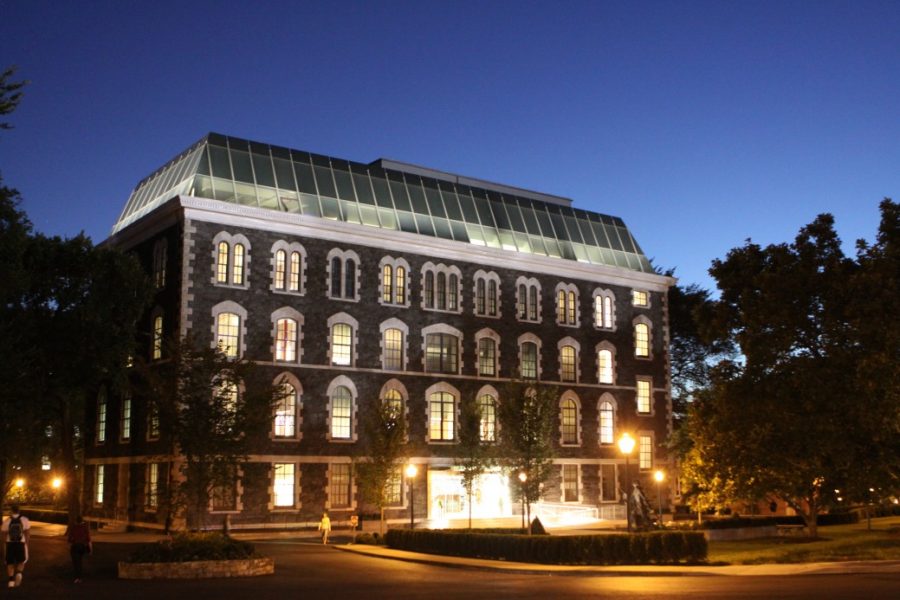
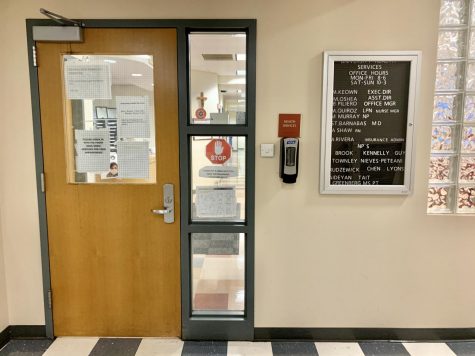
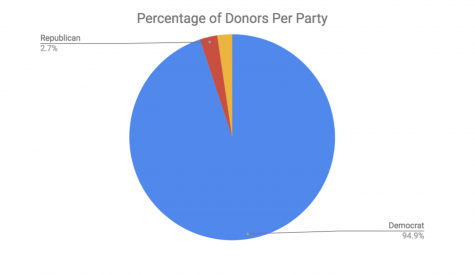
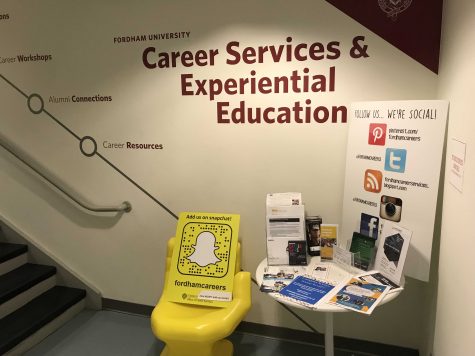
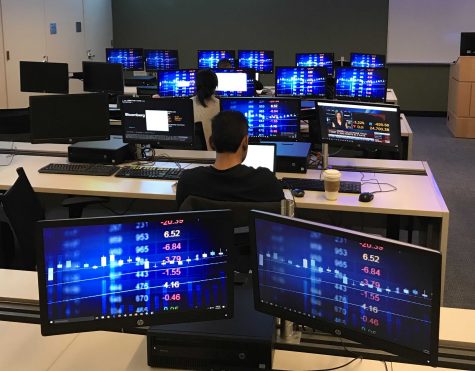



If you want a picture to show with your comment, go get a gravatar.